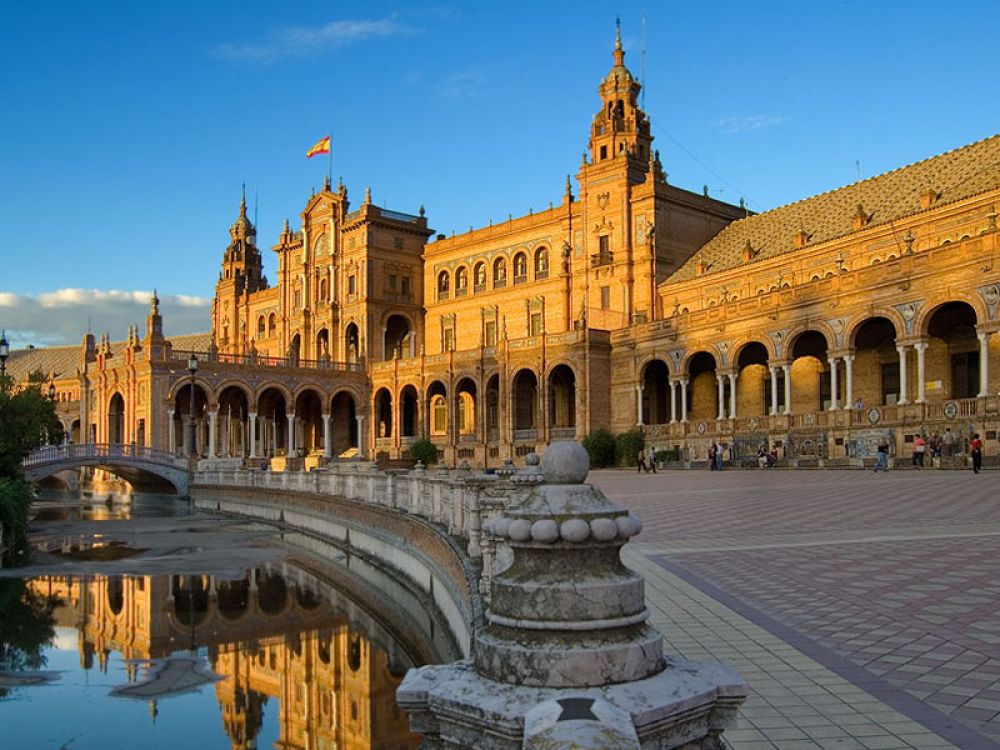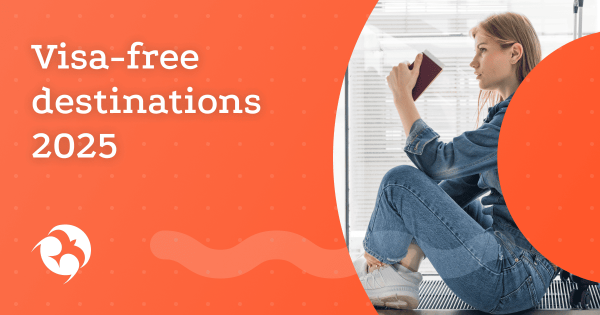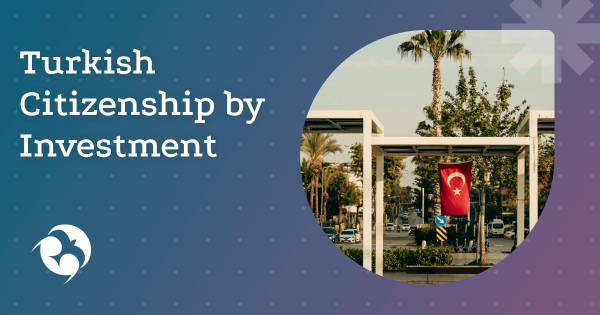If you are looking for a reliable path to a residence permit in Spain as a financially independent person, our company offers a quality solution. We provide comprehensive legal support from the first consultation to obtaining a resident card. We will help you understand the nuances, prepare documents and avoid typical mistakes. We analyze each situation individually, prepare documents in accordance with Spanish law and ensure the maximum chances of success. Contact us to make the process easier and faster.
The status of a financially independent person in Spain is regulated by Organic Law No. 4 of January 11, 2000 “On the Rights and Freedoms of Foreigners in Spain” and is supplemented by the provisions of Royal Decree No. 557 of April 20, 2011. The program is officially called Residencia Temporal no Lucrativa – temporary residence without the right to work.
This program is available exclusively to citizens of third countries that are not part of the European Union, the European Economic Area and Switzerland. The key requirement is sufficient passive income from abroad, which allows you to support yourself and your family without having to find work in Spain.
Analysis of available programs
Residencia Temporal no Lucrativa is a classic for rentiers. The first residence permit is issued for 1 year, then extended for 2+2 years. The main restriction is a ban on any type of work. Suitable for those who receive income from dividends, rental property or pension payments.
Residencia por Cuenta Propia (residence permit “at your own expense” – autónomo) works differently. The residence permit is issued for 3 years at once with the right to self-employment and open an individual entrepreneur. The key advantage is the tax rate of 15% instead of the standard 25% for the first 2 years. This is a serious help for a startup: savings can amount to tens of thousands of euros annually.
The program for startups (Residencia para emprendedores) is designed for technology projects. The Ministry of Economy evaluates the innovativeness of the idea, its export potential. Details were discussed earlier in the article about Spanish Startup visa.
Prospects
Although a residence permit for the financially independent does not initially imply work activity, this does not mean that the path to business is completely closed. After 1 year of residence in Spain under this type of residence permit, it becomes possible to change it to a residence permit with the right to work, including starting your own business. Holders of a residence permit for financially independent persons may carry out the following forms of business activity:
- Purchase of shares of Spanish and foreign companies;
- Investments in investment funds and ETFs;
- Purchase of government bonds;
- Bank deposits and savings accounts;
- Purchase of real estate for subsequent rent;
- Receiving passive income from rent;
- Participation in commercial real estate projects as an investor;
- Receiving royalties from copyrights;
- Income from patents and trademarks;
- Licensing of intellectual property.
Financially independent persons may establish Spanish companies and be their owners, receiving dividends, but cannot:
- Hold executive director positions;
- Actively participate in operational management;
- Receive a salary from their own company.
Advantages of obtaining
- Freedom of movement within Schengen. Residents travel visa-free within the Schengen countries, spending up to 90 days out of 180 in them.
- The residence permit applies to the spouse, children and financially dependent parents.
- After 5 years of residence, you can apply for a permanent residence permit, and after 10 years – for a Spanish passport.
- Unlike programs like the Golden Visa, you do not need to invest large sums in the economy or real estate – it is enough to confirm passive income.
- You can open accounts in Spanish and other European banks.
- Medical support and education. Free doctors, hospitalization and treatment are available through insurance, and children can study in local institutions.
- Ease of extending status. If you maintain a passive income, your residence permit can be extended without any complications. The first card is issued for a year, subsequent ones – for 2 years.
Key requirements
Obtaining the status of a financially independent person in Spain requires compliance with clear requirements. This path to European residency opens up opportunities for those who can provide themselves with a comfortable life without the need for employment.
The first thing that determines suitability is citizenship. The program is available exclusively to citizens of countries outside the EU and EEA. The financial bar is set quite specifically: €28,800 per year for the main applicant. An additional €7,200 is added annually for each family member. These figures must reflect real passive income from abroad.
The housing issue is solved flexibly. You can rent a property or buy it. There are no minimum requirements for cost or area, but the housing must meet the living standards. Medical requirements include the absence of dangerous diseases and private insurance that covers all expenses for medical care in Spain.
Features of the registration procedure
The period for obtaining a residence permit is about 5-6 months. The process begins with submitting documents for a national visa type D at the Spanish consulate. This visa is valid for 90 days – during this time you need to enter the country and submit documents for a resident card. After receiving the visa, you have a month to apply for a resident card at the police station at the place of registration.
One of the most critical aspects is the mandatory stay in Spain for at least 183 days a year. This rule is not just a formality. Violation can lead to a refusal to extend the residence permit. An interesting nuance: such a long stay automatically makes you a tax resident of Spain. This means that Spanish income tax will be levied on a progressive scale from 19% to 47% on worldwide income.
The program allows you to include your spouse, minor children and financially dependent parents in the ascending line in the application. However, it should be taken into account that for each additional family member an additional income of €7,200 per year is required.
Path to permanent residence and citizenship
After 5 years of continuous residence with a residence permit, you can apply for permanent residence. Important: this must be continuous residence, meeting the requirement of 183 days per year. Spanish citizenship is available after 10 years of permanent residence. To obtain it, you will need to know Spanish at level A2 and pass an exam on knowledge of the culture and laws of the country.
Cost of registration
Obtaining a residence permit for financially independent persons requires certain financial investments. Moreover, it is not only a matter of mandatory confirmation of income – the registration procedure itself includes many expense items, each of which can be very sensitive to the budget.
- Consular fee for applying for a D visa. Each applicant pays 80 € when submitting documents at the consulate. The total amount increases proportionally to the number of applicants. It is important that payment is made in cash or by card on site.
- Fee for issuing a residence permit card (TIE). After arriving in Spain, 16 € is paid for the production of a plastic resident card for the first registration, and 19 € for an extension.
- Fee for processing an application for a residence permit for financially independent persons. An additional €10 per person is charged when issuing a Non-Lucrative Visa status.
- Health insurance. It is mandatory to obtain a policy with coverage of €30,000, costing from €1,200 per year per person, and for a family of 4 – from €4,800. Without it, the application will be rejected.
- Translation and apostille of documents. Costs start from €1,000 per package for one, reaching €1,500 for a family with children.
- For each notarized page, they charge about €50.
- Renting or buying real estate. At least €800 per month for a 1-room apartment (or €1,350 for a 3-room apartment for a family). When buying – the average price is 3,500€ per m² with taxes of 6-10% of the cost plus stamp duty of 1.5%.
- Proof of financial solvency. Although this is not a direct expense, you need to have at least 28,800€ in your account per year for one person (+ 7,200€ for each family member).
- Other additional expenses. Includes passport-size photos (around 10-20€), possible transportation costs for visits to the consulate or police. For families, you should add the cost of documents to prove kinship, which in total can reach up to 500€.
Step-by-step registration process
The procedure for obtaining the status of a financially independent person in Spain is a clearly regulated algorithm of actions.
- Preparation. First of all, you need to assess your financial situation – confirm the availability of a minimum income for the main applicant + for each family member. At the same time, the housing issue is resolved. An important nuance: the lease agreement must be concluded for at least 1 year. A separate place in the preparation is occupied by the registration of health insurance.
- Collection of documents. The most difficult document to obtain is a certificate of no criminal record, which takes 1.5-2 months to prepare. It must be ordered first, while collecting the rest of the papers. Medical certificates of the absence of dangerous diseases must be no older than 3 months at the time of submission. Bank statements and income documents also have a limited validity period. All documents are translated into Spanish by sworn translators or in Russia with subsequent notarization.
- Appointment at the consulate. It is recommended to book dates 2-3 months in advance. You must come to the appointment with all family members, including children of any age.
- Review of the application. The standard review period is 1 month, but can be extended to 3 months. In Moscow, you are notified of the decision by e-mail. In St. Petersburg, you receive a written notification that your passport is ready for collection. If the decision is positive, you need to go to the consulate within a month to receive a D visa.
- Entry to Spain. After receiving a D visa, you have 3 months to enter Spain. The first thing you need to do is register at your place of residence (padrón).
- Submission of documents for a resident card (TIE). An application for a TIE (Tarjeta de identidad de extranjero) is submitted within 30 calendar days from the date of entry.
- Receiving a resident card. At the police reception, fingerprints are given, and a receipt (resguardo) is issued with a lot number to track the readiness of the card. The standard TIE production period is 30-45 days. The readiness of the card can be checked online by the lot number.
If the process seems confusing, our company offers turnkey registration. Experts take on the preparation of documents, reducing all risks. We analyze your case individually, turning the path to a residence permit in Spain from a test into a comfortable journey.
Risks and ways to minimize them
Obtaining a residence permit for financially independent individuals is a procedure that may seem straightforward. The reality is somewhat more complicated. Even if formal requirements are met, there are pitfalls that can turn a planned move into a protracted bureaucratic struggle. The most common problems faced by applicants include the following risks.
- The most insidious risk is incorrectly completed income documents. After 2022, Spanish consulates began to be picky about passive sources. Many applicants are rejected for this very reason.
- Rent requires detailed justification. It is not enough to simply show a lease agreement – you need bank statements for 12 months confirming regular income.
- Dividends and investment income raise special questions. The certificates must contain the average annual income for the last 2-3 years and the frequency of payments. If dividends are received irregularly, the consulate may doubt the stability of such a source.
- Income requirements are set in euros, but many applicants receive income in other currencies. Sharp fluctuations in the exchange rate can jeopardize compliance with the minimum requirements. In 2022-2023, the fall of the ruble led to an increase in refusals among Russian applicants by almost 40%.
- Insurance must cover all medical expenses without additional payments. Many policies contain hidden exclusions – dentistry, chronic diseases, pregnancy. Discovery of such restrictions at the stage of document review can lead to refusal.
- Incorrectly completed questionnaires are the reason for 25% of all refusals. Spelling errors, missing fields, and inconsistent data are perceived as a negligent attitude towards the procedure.
Over the years of practice, our specialists have developed approaches to solving non-standard situations. We conduct a preliminary assessment of the applicant’s documents, identifying potential problems before submitting the dossier to the consulate. Such a check allows us to reduce the risk of refusal to a minimum. The result is approval on the first try. Professional support does not just simplify the process – it minimizes risks, saves time and ensures maximum chances of success.
Comparison of programs in different countries
A comparison of programs in different countries for financially independent individuals shows how each of them adapts to the needs of those who are looking for stability in Europe without the need to work in a new place.
| Country | Minimum income (2025) | Validity and renewal | Work opportunities | Path to permanent residence/citizenship |
| Spain (Non-Lucrative Visa) | 28,800€per year per main applicant + 7,200€per dependent | 1 year initially, extendable for 2 years | No, strictly passive income | Permanent residence after 5 years, citizenship after 10 years |
| Italy (Residenza Elettiva) | 31,000€per year for the main one, doubled for the spouse + 6,200€per child (passive income from rent or investments) | 1 year, renewable annually | No, without business or work | Permanent residence after 5 years, citizenship after 10 years |
| Portugal (D7 Visa) | About €10,440per year for the main one (€870per month at the minimum wage) + €5,220per spouse, +3,132€ per child | 1 year initially, extendable for 2 years | Yes, after 1 year; business permitted | Citizenship after 5 years |
| France (Visitor Visa) | About €21,600per year (€1,800per month) + savings of at least €30,000€ | 1 year, renewable annually | No, only passive income | Permanent residence after 5 years (minimum 183 days per year), citizenship after |












